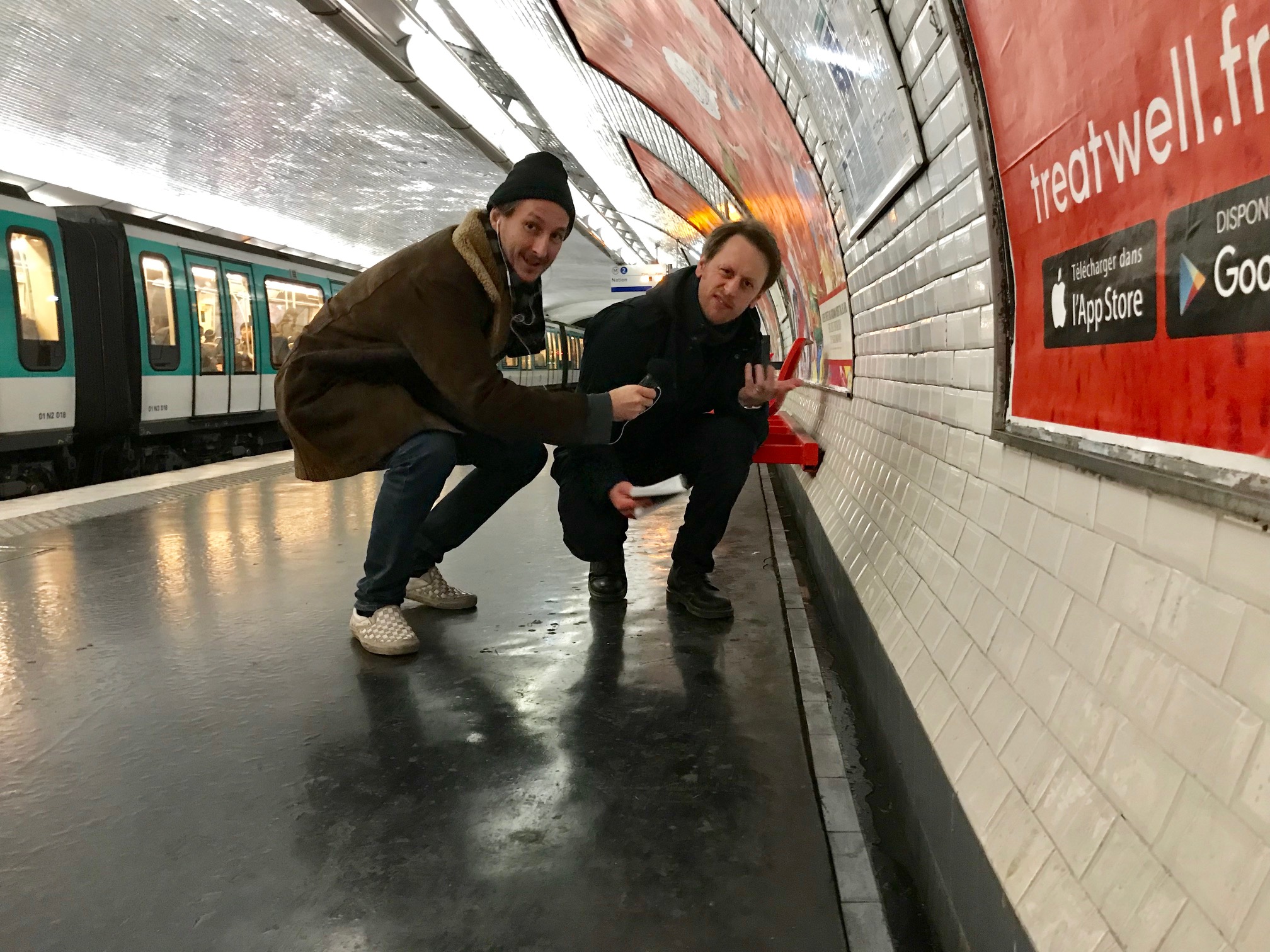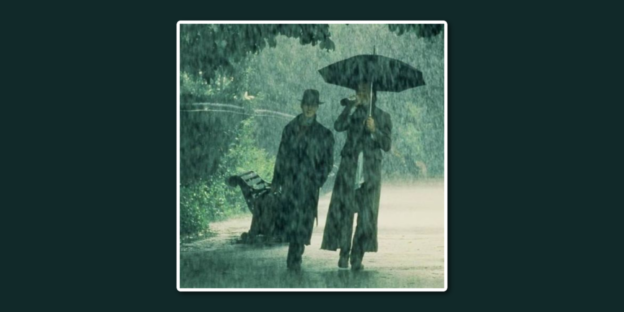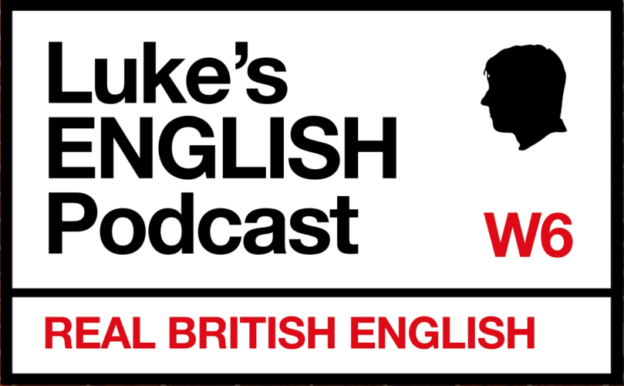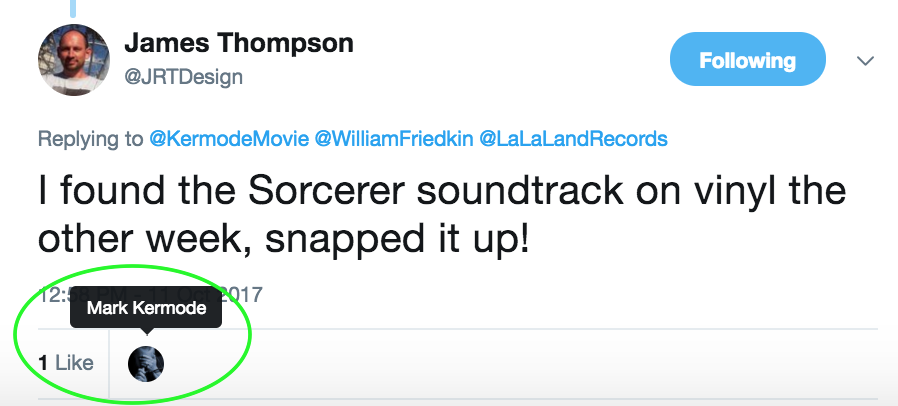Usually when I talk to my brother on the podcast we talk about fairly obscure topics, like cult films, musical subcultures or skateboarding, but this time we chose a universal topic; pets. Listen to this conversation to hear James and me remembering the pets we had as children and discussing some issues related to keeping animals as pets. Transcript available.
[DOWNLOAD]
Get the episode transcript here 👇
Introduction
It’s national pet month in the UK from 1 April – 7 May so here is an episode all about living with animals, domesticated creatures, our furry companions, our four-legged friends – pets in their various shapes and sizes.
National Pet Month is actually a registered charity in the UK and its aims are to promote responsible pet ownership, and to make people aware of the mutual benefits of living with pets. You can find out more by going to https://www.nationalpetmonth.org.uk/
Just like everywhere else in the world, British people love pets – the most common ones being dogs, cats and fish.
Since it is national pet month I thought I would talk about pets with James, my pet chimp, I mean, brother.
We both had pets growing up together as children, so we thought we’d take a little trip down memory lane in this episode and remember some of those cute little animals that we loved so much when we were young.
Yes – pets! It’s a simple topic. It’s a universal topic – I think pets are popular the world over. And it’s a fun topic which we can use as a way of presenting you with some authentic listening practice in English.
When you think about it humans have a pretty diverse relationship with animals. Sometimes we farm them and breed them for various purposes, sometimes we ride around on them (for transport or sport), sometimes we eat them (quite often, for lunch maybe), sometimes they eat us (less often, admittedly) sometimes we just like to watch them eating each other (in BBC nature documentaries for example) and sometimes we like to offer them a friendly invitation into our home so they can live with us, like little hairy members of the family almost, just because we love them, we find them cute and they help to lower our blood pressure. Apparently they are good for us, they can keep us healthy. They’re like little furry doctors with no qualifications except a degree in being warm and cuddly.
That is something people say – having a pet can help you live longer. But surely it depends what kind of pet. If you have a silverback gorilla or a saltwater crocodile as a pet you’re probably not going to live to a very old age. In fact, you’d be lucky to survive beyond a couple of minutes with a crocodile in the house. “Oh that’s a lovely 23 foot long crocodile you’ve got. Oh how original. They’re basically dinosaurs aren’t they? Oh what’s his name – Bitey? Bitey the crocodile. There there Bitey, hello little bitey – CHOMP. Oh he’s bitten my arm off, how adorable… CHOMP CHOMP oh and now he’s grabbed me by the leg and is pulling me underwater where he’ll drown me and then eat me in one go. How lovely.”
It does depend on the pet you choose of course. Crocodiles don’t usually make great pets I expect. But I don’t know maybe they’re very loving and gentle. Let me know if you have a croc as a pet.
Anyway, the most common pets in the world are generally lovely and fluffy and not usually our natural predators of course. Here’s some data.
Pet data https://stevedalepetworld.com/world-pet-population-data-mixed-bag/ https://www.petfoodindustry.com/articles/5845-infographic-most-of-world-owns-pets-dogs-are-tops?utm_source=KnowledgeMarketing&utm_medium=Watt%20Products&utm_campaign=Pet%20Weekly%20Roundup%20All%20Others%20List&eid=237316200&bid=1430132
Around the world there may be different cultures of pet keeping, for example whether it is normal to neuter or spay your pets (that means giving them an operation on their reproductive systems so as to make them infertile – unable to breed – in some places that’s normal, in other places you might consider that to be a horrible thing to do!) or whether it is normal to keep your pets mostly indoors or outdoors. In some countries you wouldn’t dream of letting your dog or cat stay outside all night, whereas in other places it’s the other way around.
The cultures may be different, but one thing’s for sure – humans seem to have the desire to live with animals as companions and over time we have developed a symbiotic relationship with certain animals – notably dogs, who seem to express a sense of duty towards their owners and perform various functions for humans.
There are ethical issues relating to keeping pets too of course – it’s always hard to escape issues of morality and ethics even in a seemingly innocent topic like this. For example, is it somehow cruel to keep animals as pets and how do pets affect the natural world around them?
My conversation with James touches on some of these things, but the main reason we chose to talk about this topic was to let you hear a conversation in English about a subject that I’m sure you can all relate to and the main focus of our conversation is to remember the various pets we had when we were growing up as children.
So listen out for some little stories and memories and also descriptions of typical behaviour in the past. See if you can notice certain features of grammar and vocabulary in the way we express these ideas.
The specific vocabulary and grammar relating to that are things I can deal with specifically in another language-focused episode.
But this one is all about listening to some real British English conversation and so, without any further ado – let’s talk to James about pets.

Ending
So there you go, that was my chat with James about pets.
In the comment section please write about pets that you have or that you have had in your lives. Tell us about cute or funny things your pets do. Do you have an unusual pet? Have you got any good little pet stories? Put your thoughts into words and add them in the comment section.
Now, in terms of language – this conversation obviously contained some vocabulary that would be worth reviewing and clarifying.
Also, there was some grammar there. We were talking a lot about the past, so there were the usual past tenses, but also some very specific aspects of grammar that you might not have noticed and I’m talking about the ways in which we don’t just tell stories in the past but the way we describe habits in the past. There are certain grammatical forms that we use for that, and it might not be immediately obvious to you how it is done.
I can help you learn these things – learn how to notice them, learn how to understand them and learn how to use them to listen and speak like native English speakers.
It would be useful if I published a follow-up episode to this in which I go through all that language. THat’s the sort of thing you can expect from LEP Premium when it arrives.
You’ve heard me talk about LEP Premium in recent episodes. I’m setting it up at the moment. If all goes according to plan then at some point soon I’ll make that service available to you and you’ll be able to sign up, support my work and gain access to some extra episodes in which I focus more carefully and specifically on the aspects of language that you need. Analysing and explaining the grammar and vocabulary in my conversation with James is an example of what you could expect from LEP Premium Episodes.
Also, not just language that’s come up in conversations and monologues, but also it could be a way for me to focus on other aspects of language that I think you need to know.
As I said, I’m still in the process of setting this up at the moment. I’ll be setting it up with my host Libsyn, so that I can publish the premium content into the App (you’ll be able to sign in to get premium content there) and also online from a computer, so expect more information soon.
Thank you again for listening. Visit the website to see my transcriptions for the intro and outtro to this episode. Join the mailing list. Download the app to get all the bonus content there and to be ready to get LEP premium episodes. Send me a donation through the website if you want to support the show.
Have a great day and if you have a pet, give them a little treat like a snack, a stroke, a scratch or a nice walk in the park.
Speak to you again soon, but for now…
Bye bye bye.
Luke
Phrases and vocab from episode 521. (contributed by Jack)
I don’t know if you can tell but my voice sounds a bit funny
Domesticated creatures
Furry companions
And since it’s a national pet month I thought I’d talk about pets with my pet chimp James.
We thought we’d take a trip down memory lane…..
Pets are popular the world over
Humans have a pretty diverse relationships with animals. Sometimes we farm them and breed them for various purposes. Sometimes we ride around them for transport or for sport.
Sometimes they eat us – less often admittedly.
Warm and cuddly
Salt water crocodile
Silver back gorilla
Chomp
He’s bitten my arm off
You’ve got to throw in some data
Neuter or spay your pets
You wouldn’t dream of…..
We have developed a symbiotic relationship with animals.
Morality
My conversation with James touches on these things.
About a subject that I’m sure you can all relate to
So listen out for some…..
Do you think the audience are expecting this to be riveting and hilarious
I wouldn’t want to build it up too much
Are you a pet person?
A pair of gerbils
Distraction
They come from the Gulf
They tend to gnaw on things
I suspect dad probably named them
The idea of keeping them in a little cage is a bit messed up
Deep ethical implications
They’re not immortal
Luke: One of them had escaped
James: I didn’t remember that, no
Run out of food
Bullied by mice and cats
They thought we’d be traumatised
It was rigid, stiff as a board and it was half way through a loo roll tube.
…..at that moment something clicked.
They’d make bedding out of them
The cats were obsessed with catching the gerbils
I don’t remember there were any gerbil cat crossover
Luke : Just so I can…..
James : fill me in on bits of my life
….and she would curl up in the casserole dish.
Spare bedroom
You try and stroke her, tickle her or something and invariably she would strike out or hiss…..
They had a litter of cats
Kitten
Posy (bunch of flowers)
We took it to the doctors to get it checked out.
She never quite got over that really. He was always screwed up about that.
James : He was mental. Really manic looking face, wild looking eyes. White flash very fluffy. White flash running down its front. And just Bizarre weird animal
Luke : Bonkers
Hyperactive
Running up your trouser leg
Always go for the liveliest one when choosing a cat.
Went to the doctor not to just have it checked out but have it spayed.
Castrated
They spray pheromones and stuff
Vet
Climbing underneath the underside of the sofa.
Introduce a pet into a wild ecosystem where he’ll just ravage all the wild life.
….and somehow he dragged this rabbit through the cat flap as well.
Luke :Several times I would come back, we had a little room between the kitchen and the back garden which is where we’d put the cat’s food down and there was a cat flap….to let the cat into that little space. We wouldn’t let the cat into the house at night. He (posy) would have that utility room area and outside and he would bring in the animals into the utility room onto the door mat and then eat them there. Couple of times I went into the utility room and saw posy in a moment of wildness.
Lions taking down a wilder beast.
Door mat
Bitting the rabbit’s head off
Spleen
Fluffy tail
They’ll stick around and pretend to be cute for food.
Cat isn’t really self aware
…..but yet it is petted, softened and domesticated. They are kind of bipolar.
Run over a dog
They’re pretty nasty psychopaths
Crossbreed to make them smaller, cuter and more manageable
A waste of space
Poker faced
Squashy faced
Luke :They have those creased up faces. And they have those broad front legs, stocky little back legs. And they have the lower jaw sort of…..
James : protruding
Luke : prominent lower jaw…..
Lower centre of gravity
It’s harder for other dogs to flip them over.
Wrinkles and creases in their face are so that the blood can drain off.
That sounds a bit far fetched
Medieval times
Luke : like if people in the city were rioting.
James: bring out some bad tempered cats on leads and sort out the protestors.
Leopard
I think they’d be too skittish to be of any good.
Do you think you could disperse a riot by introducing a bunch of big cats into the streets?
All the big cats that are just loose in London.
Drug sniffing cats
Cat nip – It makes them all high
Drool
I think we are going on a bit of a tangent here.
Dalmatians
We may need to fact check that one
Sleeping on a window sill
We used to put out the cat at night.
Posy was getting up to things at night outside.
Howling and screeching sounds going on in the garden.
James : It’s like having a Mexican stand off. Staring at each other, wailing.
Luke : staring wailing and just arching their backs.
Full moon
…….have a big stand off around a flowerbed; the patio in our garden.
Posy was just lounging like some sort of mafia boss
So he was either the alpha male or the most beta-ish male.
………Lowest rung of the cats.
Debating the best way to overthrow the humans.
a stick insect
Intact you might as well just get a stick
Brown twiggy thing – Stick
James : Now he’s picked the most obscure, not obscure the sort of random words to explain…. They can understand all this but the one word they get hung up on is stick
Luke : I might have been teaching English for 15, 16 years!
James: Stick is something you throw to a dog if it’s fallen off a tree.
Sawdust
They’d be gnawing a piece of wood which would be like rattle and tap against the glass.
Suburban farce
Posy would sort of trot through the kitchen and would be on the floor by the door just casually and he’d spot one of the gerbils out of the corner of his eye and just go bonkers and just launch himself at the gerbilarium and scrabble in the corner.
Metal edged aquarium
Their fins start drooping and you start fretting – May be I haven’t fed them enough
Morsels of food.
It was really very lively.
I don’t know the workings of a gold fish.
We had a tiny little pond; basically an overflow from the gutters. Fairly clean water. It was rain water.
Luke :They’re probably happier there then in a bowl or in a box
James : oh yeah I would have thought so!
A ferret
They are like a mink.
Pole cat
They are pretty versatile, pretty tough little creatures.
They are lively……
They are very good at crawling through tunnels in the ground.
And also up north they have a sport of putting ferrets down your trousers.
Blokes tie strings down the bottom of their trousers and shovel load of ferrets down their trousers and they wriggle around.
Chuck em down their trousers
Mishaps
A dog can around a whole load of sheep and get it through a fend a gate.
Paper round
Some of the dogs are very yappy
Ring the creature in half (break the neck)
They can be mean.
Roulette
It would come tearing towards you.
Whippy stick
It’s a reflection on the owners of how the dog behaves.
Tug of war
It would come bounding up to you.
Bit far fetched
We’d have to walk past the house to get to the station.
I always thought it would leap over the fence.
They are cold blooded animals and they need to be kept warm and I can’t be bothered with that.
Wardrobe full of snakes. She bought a wardrobe and adapted it. Put a glass front on it; I think it might be on the side of it. And there’s two compartments.
Quite affectionate, they purr.
Boa constrictor
Babboon
Scratch his face
Vibe
But you can tell he’s panicking and scared
Where they decided to bring up a monkey or a chimp.
Bunch of hippies decided to rear it.
And it’s miming back
And as it gets bigger it gets more and more unruly.
They start giving it booze and they start giving it weed. And this f***** chimp is smoking spliffs around a table with them.
It’s a bit of a symbiotic relationship.
The ethics of having a pet.
All that is contributing to deforestation
And those cows fart all the time apparently.
And they cut down rain forests to put down cattle farms and stuff
If you’re vegan and you have a pet – You’re a f***** hypocrite.
James : let us know if you’re a vegan dog owner. Actually don’t bother.
How do you justify that?
Cultish following for these dogs.
If they are well looked after they can be very cool.
Dog straining on the lead.
I think that’s a suitable note to end this chat.
He’s gone into the cheesy radio host voice now in case you are wondering.
In the comments section please write about the pets that you’ve or that you’ve had in your life.
Now, you might have heard me talk about LEP Premium in recent episodes. I’m setting it up at the moment.
And if you’ve a pet give them a little treat like a snack or a stroke or a scratch or just a nice walk in the park.














